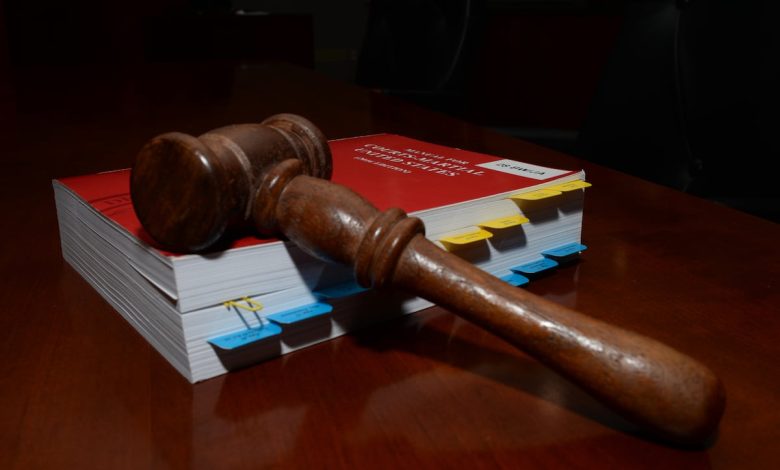Army updates misconduct investigations, will punish false accusations

The Army has changed how it investigates misconduct allegations, adding new rules that may complicate how soldiers make anonymous reports of misconduct, including punishments for soldiers who make false allegations.
The changes also stopped the flagging of an accused soldier’s personnel records ahead of an investigation.
The changes came in a June update to the Army’s 15-6 regulation, which lays out the process for investigating military-related misconduct, such as misuse of government resources, hazing, sexual harassment, toxic leadership, adultery, fraternization, cruelty and maltreatment of subordinates and violation of orders and regulations.
An Army official told Task & Purpose, who first reported on the matter, that the goal is to reduce the number of 15-6 investigations. The service also aims to “clarify” for commanders, especially for junior officers, that there are other processes they are encouraged to use for “everyday friction” within their command — and when there’s not “sufficient evidence.”
Secretary of Defense Pete Hegseth issued a memo April 23 that ordered changes to the investigation policy.
One major change is the introduction of a credibility review early in the complaint process. The credibility assessment will now precede the traditional three fact-finding phases — preliminary inquiries, administrative investigations and boards of officers.
Officials receiving complaints must first “determine if sufficient credible information exists to warrant further fact-finding or evidence-gathering.”
During the credibility assessment, accused soldiers’ records will not be flagged. Flagging records can stall career progression.
Hegseth’s memo also sought disciplinary actions against personnel who “knowingly submit false complaints.” Soldiers can now face punishment for “knowingly” or repeatedly submitting false or “frivolous” allegations that could start an investigation.
Todd South has written about crime, courts, government and the military for multiple publications since 2004 and was named a 2014 Pulitzer finalist for a co-written project on witness intimidation. Todd is a Marine veteran of the Iraq War.
Read the full article here









